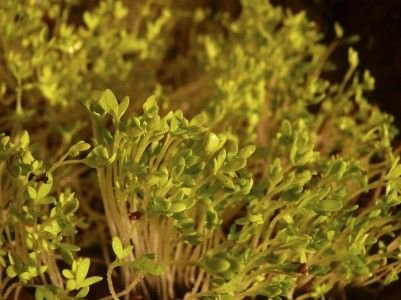Hot flashes and diet
Lots of people suffer from hot flashes. In this post we talk about food, which may be causing hot flashes and give some examples of the right diet to get rid of this unpleasant symptom.
What sort of diet causes hot flashes
While hot flashes can be caused by many conditions sometimes they are closely related to food we eat. Some herbal alkaloids, such as caspaicin, may cause hot flashes. Caspaicin is the substance responsible for burning taste of paprika, pepper and chilli. Despite of the fact that caspaicin have some very positive effects on your digestive system (it speeds up the metabolism and stimulates secretion of gastric juice) it actually causes a burning like sensation whenever it gets in contact with human body tissues. This is also the reason why it may cause feelings of warmth spreading through the upper part of a body and face.
Alcohol and caffeine are also substances, which may cause hot flashes. Therefore it is wise to avoid them. Smoking is also one of the habits, which may cause this symptom and it is therefore a good idea to stop smoking.
Right diet for treatment of hot flashes
While hot flashes affect more than 50 % of postmenopausal women in USA and Europe, they only affect 7% of postmenopausal women in Japan. Japanese women eat lots of soja, which has positive effect in hot flash prevention. In addition to soja, postmenopausal women should eat foods containing estrogens in their natural forms, e.g.:
Liquid from black beans – this liquid is very efficient in prevention of night sweating, hot flashes and also laryngitis (inflammation of larynx).
Apples, carrots, aubergine, olives, potatoes, plums and peanuts – these foods contain some natural estrogens, which helps in prevention of hot flashes.
Pepperweed soup – this soup can be prepared very easily. Take 200 g of pepperweed, one onion and slice them to small pieces. Put some butter on a frying pan and slightly fry the chopped pepperweed and onion until they get soft. Then put everything in water, add some vegetable bouillon and cream and boil for 20 minutes. Pepperweed is also rich in natural estrogens and therefore helps in dealing with menopause related hot flashes.
Cereals, oats and legumes are some other examples of foods containing natural estrogens.
Drinking plenty of water (at least 2.2 litres per day) and eating foods rich in vitamine E, calcium and magnesium, such as fresh vegetables will also help in hot flash prevention.
| Written by: | Michal Vilímovský (EN) |
|---|---|
| Education: | Physician |
| Published: | February 10, 2013 at 12:50 PM |
| Next scheduled update: | February 10, 2015 at 12:50 PM |
Get more articles like this in your inbox
Sign up for our daily mail and get the best evidence based health, nutrition and beauty articles on the web.


Ache in left arm that you should not ignore
Alkaline water dangers: why you should not drink it
How to Avoid Sleepiness While Studying?
23 Foods That Increase Leptin Sensitivity
Low dopamine (e.g. dopamine deficiency): causes, symptoms, diagnosis and treatment options
Swollen taste buds: the ultimate guide to causes, symptoms and treatment
Thin endometrial lining: causes, symptoms, diagnosis and treatment
Pimples inside nose: the complete guide
Holes in tonsils: definition, symptoms, treatment and prevention
How to deal with an ingrown hair cyst
Allegra vs. Zyrtec vs. Claritin
How to get rid of phlegm (excessive mucus) in throat? Detailed guide to medical and home remedies, symptoms and causes
What causes stomach ache after meals?
Allergy to penicillin and alternative antibiotics
Liver blood test results explained